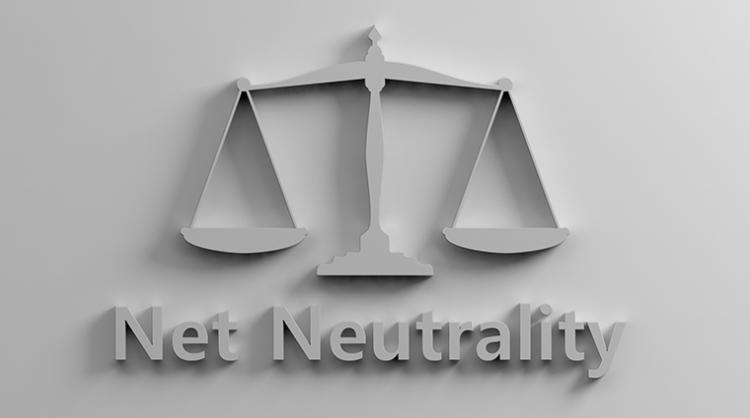Democrats Introduce New Net Neutrality Bill
August 8, 2022 | by Andrew Regitsky

We have often pleaded with Congress to once and for all codify net neutrality rules, so we don’t continue to ping-pong between Republican and Democratic presidents. We envisioned that the two parties would compromise, forbidding blocking, throttling and paid prioritization of traffic, but rejecting utility like Title II regulation for ISPs. We were wrong! On July 28, 2022, three Democrats introduced the Net Neutrality and Broadband Justice Act (Act) which has one goal, to reclassify broadband Internet Access service as a Title II telecommunications service and enable total price regulation of the Internet. The Act is barely two pages long and other than reinstating Title II classification, makes no reference to net neutrality rules or to any explicit action required by the FCC, giving the Commission total freedom to regulate the Internet. Republicans played no role in formulating this Act. Here are the details.
The Net Neutrality and Broadband Justice Act was introduced by Senators Edward J. Markey (D-Mass.), a member of the Commerce, Science, and Transportation Committee, Ron Wyden (D-Ore.), and Representative Doris Matsui (CA-06). Markey stated in a press release introducing the Act:
The Net Neutrality and Broadband Justice Act reflects the undeniable fact that today, broadband is not a luxury. It is essential. That means the potential harms that internet users face without strong net neutrality protections and without the FCC able to exercise its proper authority are more sweeping than ever. My legislation would reverse the damaging approach adopted by the Trump FCC, which left broadband access unregulated, and consumers unprotected. It would give the FCC the tools it needs to protect the free and open internet, creating a just broadband future for everyone in our country. I thank my partners for their support for this critical legislation.
Senator Wyden added:
For anyone who wants more innovation, more voices and less corporate control of the internet, net neutrality is an absolute no-brainer. I wrote the first Senate net neutrality bill to protect the open internet, where bits are bits and no one has to pay extra for digital toll roads just to learn, shop or get health care online. Oregon and other states have stepped up in the wake of the Trump Administration’s damaging actions. Now I’m proud to partner with Senator Markey and Rep. Matsui to restore net neutrality across the country and prevent big cable from gouging consumers and small businesses.
By not mandating any specific FCC duties, the Act enables the FCC to enforce a wide range of Title II rules such as prohibiting unreasonable discrimination and enforcing so-called “just and reasonable” prices. It could even allow the Commission to reinstate the 2015 Internet conduct rule in which every new ISP service would have to be approved by the agency before it could be introduced to the public.
Thankfully, the Act is a long shot to be passed. With only 50 Democrats, it is almost a certainty that it could not pass a Republican filibuster. ;Moreover, it is far from certain that even 50 Democrats would vote for this Act, as Arizona Senator Sinema has previously opposed net neutrality.
Even if the Act somehow became law, with an FCC split between two Republicans and two Democrats, the agency would never reach agreement to reinstate onerous broadband rules. Moreover, there has been no forward movement to get Gigi Sohn the potential third Democratic commissioner confirmed. As we move into August it is less and less likely she will ever be at the FCC. President Biden could nominate a new commissioner, however, he or she is unlikely to be voted on before election day and if the Republicans win the Senate, we may not have a new commissioner until we have a new president.
So why was this Act introduced with such little chance of success? Obviously, we don’t know for sure, but with elections coming this fall, it appears that this Act is “throwing a bone” to a public which widely supports net neutrality, and can also be used for fundraising.
With federal regulation stymied for now, net neutrality has moved to the states. Seven states—California, Colorado, Maine, New Jersey, Oregon, Vermont and Washington—and Puerto Rico previously enacted legislation or adopted resolutions before this year. In 2022, eleven states have introduced net neutrality legislation so far. It appears that if net neutrality becomes law soon, it will be on a state-by-state basis. Not an ideal situation for ISPs or their customers.

